In 1970, Japanese-French designer Kenzo Takada rocked Paris with the debut of his namesake fashion line. Sold out of his first boutique, called Jungle Jap, his designs were a chaotic mix of loud colors and mismatched prints inspired by his travels around the world.
Over the next three decades, he racked up numerous accolades and accomplishments -- including a slew of magazine covers, the launch of a perfume empire and, in 1993, his brand's purchase by luxury conglomerate LVMH -- before retiring to pursue other creative pursuits in 1999.
(Carol Lim and Humberto Leon, founders of New York boutique Opening Ceremony, came on as the brand's creative directors in 2011, and showed their last Kenzo collection this past June. Designer Felipe Oliveira Baptista replaced them on July 1.)
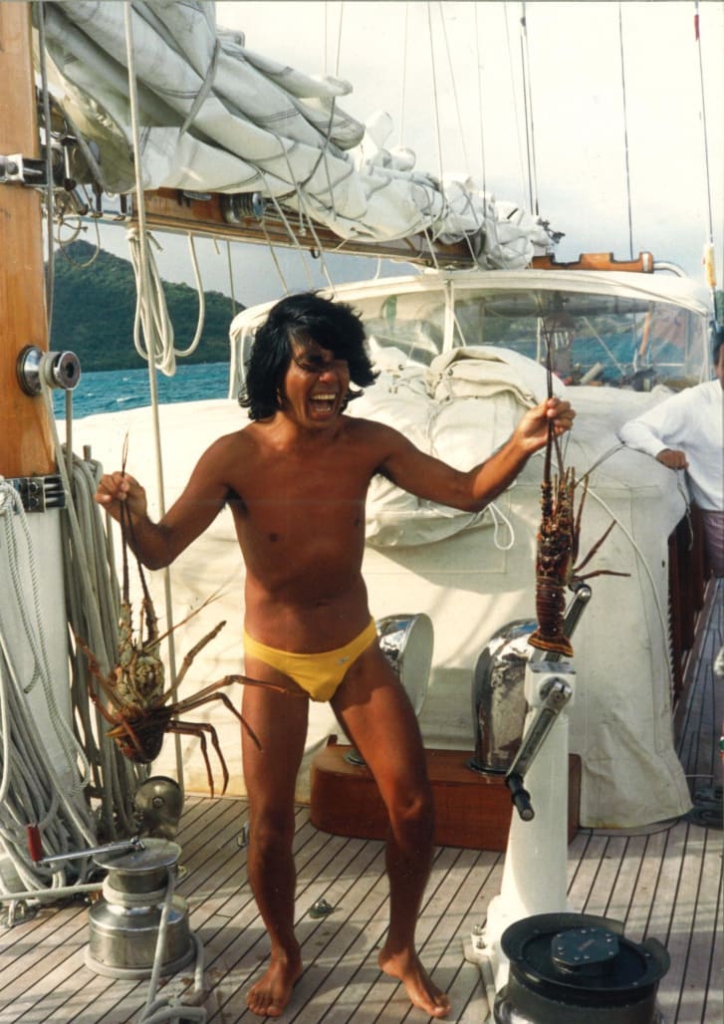
But that isn't to say that Takada has avoided the industry completely. He has designed the costume's for the Tokyo's Nikikai Opera Theatre's upcoming production of "Madame Butterly," and recently released "Kenzo Takada," a retrospective tome looking back at his glamorous days in fashion.
A collection of hundreds of unseen sketches and images, the book is the result of a 10-year collaboration between Takada and his close friend Kazuko Masui and, after her passing, Kazuko's daughter, Chihiro Masui.
During a visit to New York in May to celebrate the book's release, Takada spoke to CNN about travel, sketching and how the industry has changed.
CNN: What was it like going through your archives?
Kenzo Takada: There was so much to pick from, but the editor and the author helped to illustrate something that made sense at the time, that was visually strong and illustrated my work. I'm very glad to finish.
The sketches are very similar. (They are of) different collections, but it was about picking which collection would appear or not. I could see that in the good seasons that were actually working, we had many, many sketches, and I had much less sketches during a season that wasn't so good.
The most challenging part of doing this book was mostly the organization, to find the purpose of the book and the content, because just putting sketches in was not really done before and the task was quite difficult.
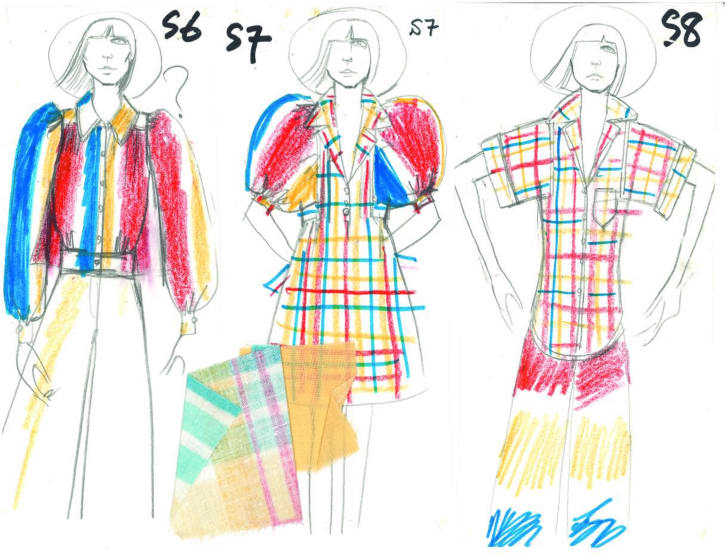
Do you still sketch today?
I'm still sketching, but not for fashion today. I like fashion, but in fashion you must do something new every season: new shootings, new concepts, new materials, every single thing changes so quickly. So I stopped at the right time, I think. Now I do costumes for opera.
How much did your travels inspire your work?
Traveling gave me a lot of inspiration. In the 1970s, when I was traveling, it was not like it is today.
There was much more of a cultural gap when you were traveling from one country to the next, so that really drove me and gave me a lot of influence and inspiration to work on different things around my trips.
About 40-50 years ago, I could really see a strong difference in terms of culture, and now it's a lot more globalized, so if you go to major cities, you see even in stores, you find the same brands and the same things. Today, it's very good because it's more democratic. It's less of its own identity.
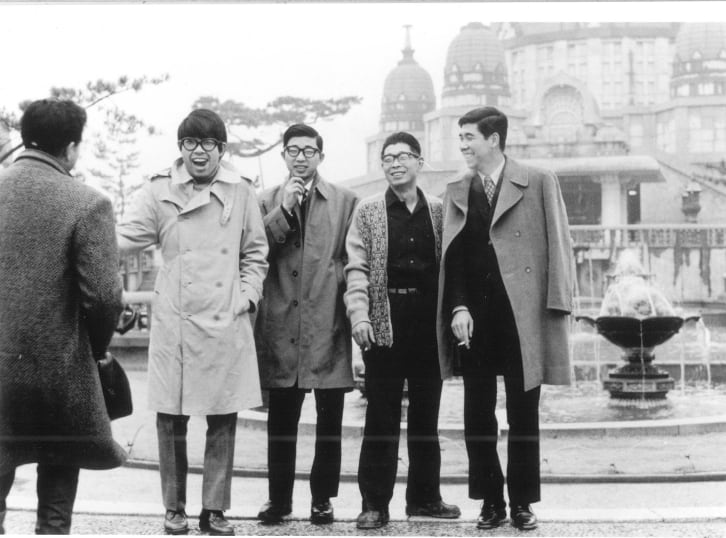
The first time I came to Paris, I took a boat. It was one month from Japan and to France and it was the first time I left Japan.
Hong Kong, Singapore, Pompeii, all kinds of different countries and places for me. I had a culture shock, it was very, very strong for me. I never thought of fashion.
I never thought these differences in cultures could be injected into fashion, in a place like France, at the time of his trip, but it influenced me later.
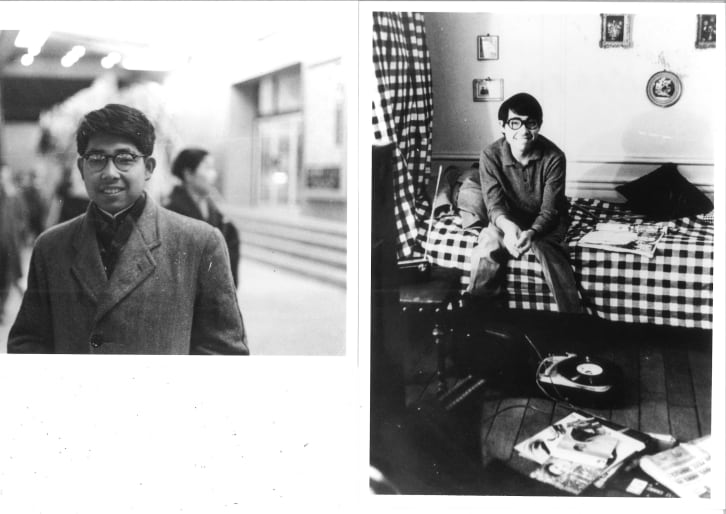
How did working in Paris inspire you?
Paris for me, I definitely saw it as the capital of fashion and today there's still that certain elegance, French elegance, a French way of dressing.
A French way of working with fashion definitely influenced me and much later I started to blend other cultures into that specific fashion.
Of course now, fashion is everywhere; in New York, Paris, Milan, London, Tokyo, everywhere. But I think Paris stays very important.
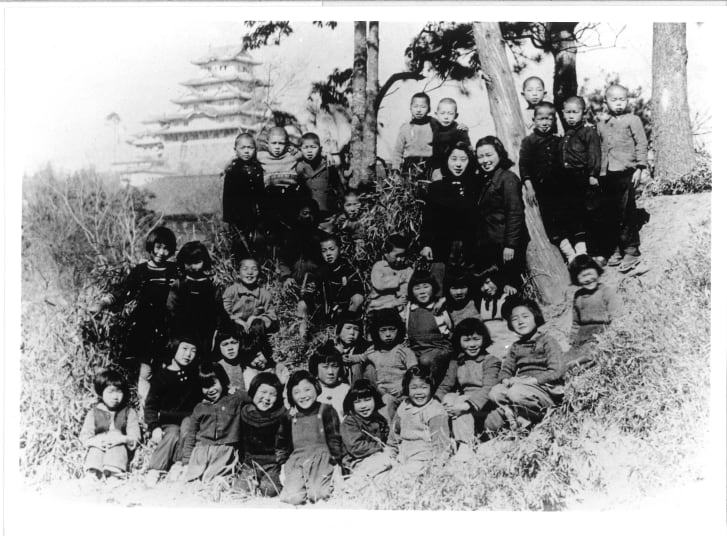
Do you still follow fashion today?
I follow it, but there's quite a lot of information now. The way of working has changed so much since I started and the process, too. Now you can see every fashion show instantly. Before you must wait three months to look.
What's one of your favorite shows you ever did, if you had to choose one?
The first fashion show in Japan, in 1974. It was like a concert. People were paying for their place to go and watch the show. It was two shows in two days. So many, many people. The second day I saw people waiting outside before the show.
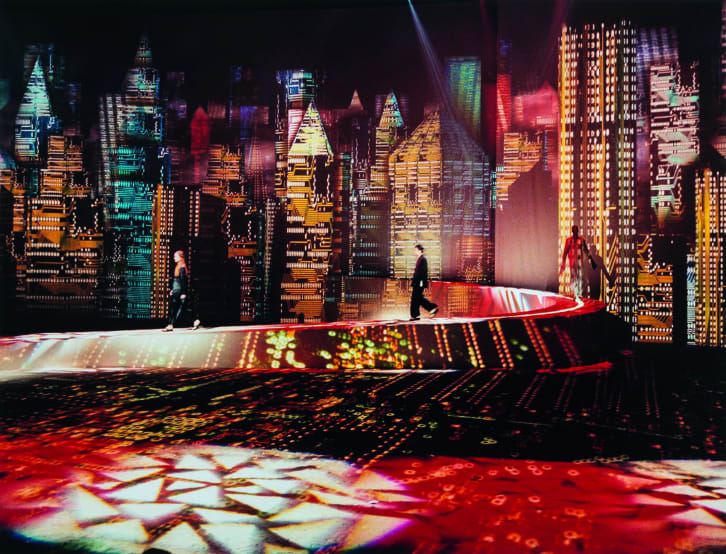
You attended some of Kenzo's runway shows under the creative direction of Carol Lim and Humberto Leon. Do you think runway shows in general today are as interesting as they were back then?
I do go to some fashion shows, but they've changed and now it's about having many people. Now, a show is very short. Only 30-40 looks. Models don't smile, and people take pictures, pictures, pictures.
Everyone is on the phone. When they finish, nobody claps really anymore at the end. They only take pictures. That changed it. It's a big change for me.
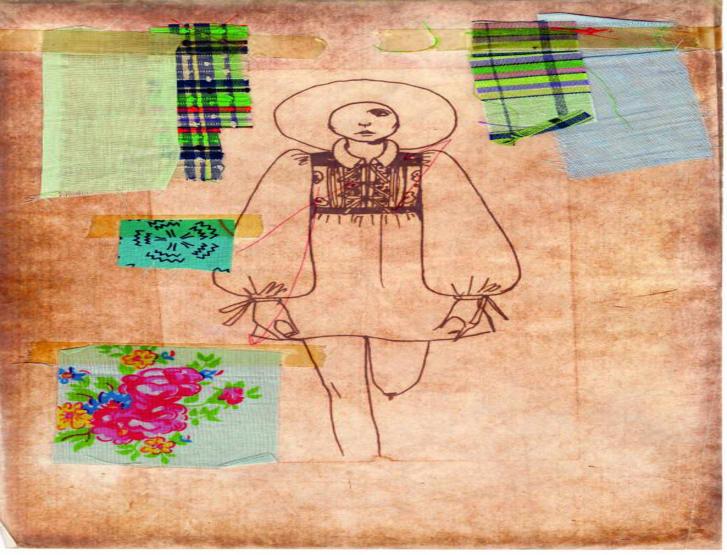
What would you do if you weren't working in fashion?
Something around art or creativity. Nothing too corporate. It would have to be something creative.
"Kenzo Takada" by Kazuko Masui and Chihiro Masui is published by ACC Art Books.
This interview has been edited for length and clarity.
Latest Stories
-
CHAN 2024Q: Ghana’s Black Galaxies held by Nigeria in first-leg tie
49 minutes -
Dr Nduom hopeful defunct GN bank will be restored under Mahama administration
1 hour -
Bridget Bonnie celebrates NDC Victory, champions hope for women and youth
2 hours -
Shamima Muslim urges youth to lead Ghana’s renewal at 18Plus4NDC anniversary
3 hours -
Akufo-Addo condemns post-election violence, blames NDC
3 hours -
DAMC, Free Food Company, to distribute 10,000 packs of food to street kids
4 hours -
Kwame Boafo Akuffo: Court ruling on re-collation flawed
4 hours -
Samuel Yaw Adusei: The strategist behind NDC’s electoral security in Ashanti region
4 hours -
I’m confident posterity will judge my performance well – Akufo-Addo
4 hours -
Syria’s minorities seek security as country charts new future
5 hours -
Prof. Nana Aba Appiah Amfo re-appointed as Vice-Chancellor of the University of Ghana
5 hours -
German police probe market attack security and warnings
5 hours -
Grief and anger in Magdeburg after Christmas market attack
5 hours -
Baltasar Coin becomes first Ghanaian meme coin to hit DEX Screener at $100K market cap
6 hours -
EC blames re-collation of disputed results on widespread lawlessness by party supporters
6 hours

